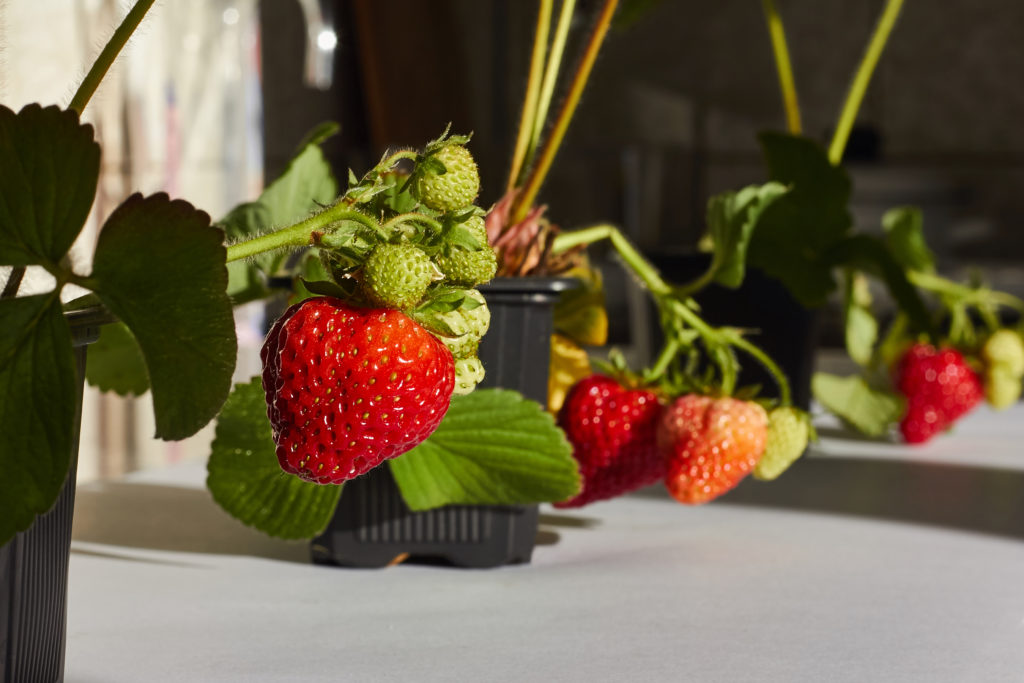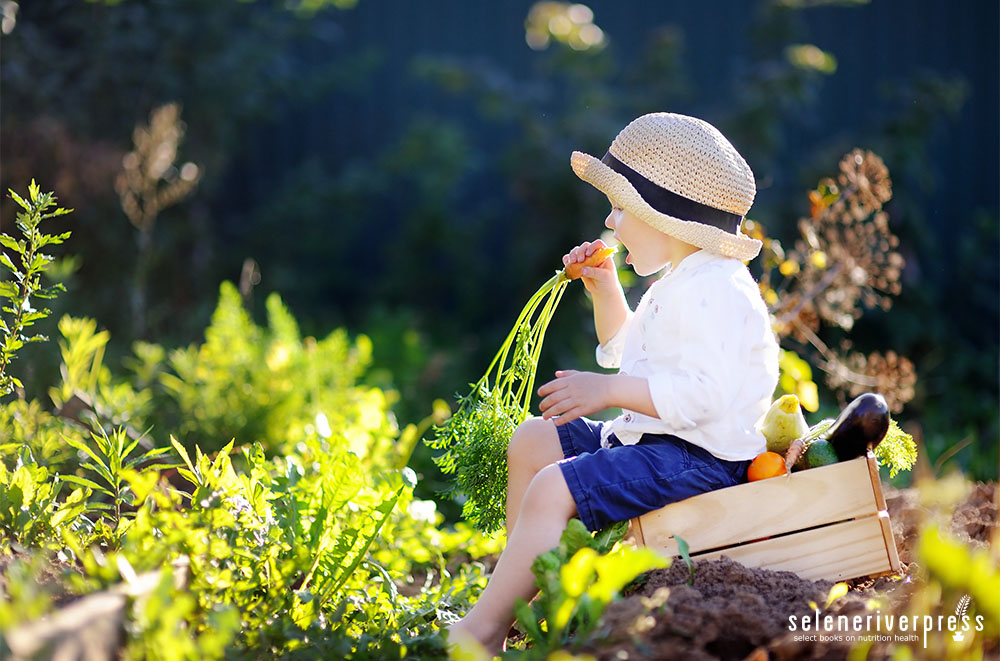May is a splendid time to bring this self-health habit into your world, and I encourage you to make it a priority. Nurseries are bursting at the seams with plants to get you started. Whether you till up a section of your yard, put in some garden boxes, or stick with a container garden, you just need to take the first steps.
There is much to be learned from caring for another living thing, including plants. When you broaden your view and look at the basics, plants aren’t all that different from people, when it comes to what they require to flourish.
- Water – Providing just the right amount of healthy water for the species you’re caring for will make all the difference between it thriving and barely getting by. It varies for plants and
- Nutrients – While the source of the required nutrients is quite different for plants versus humans, the interdependence of both cannot be overlooked. Rich, organic soil with just the right ratio of nitrogen, phosphorus, potassium, magnesium, sulfur, and calcium offer plants their ideal nutrition plan. In turn, these plants play an invaluable role in providing a plethora of the nutrients we need on a daily basis. We take care of the plants we grow, and they take care of us.
- Sunshine – Every living thing needs some sunshine to be at their best. Plants need the energy that sunshine provides to make their photosynthesis process happen, which is where their food comes from. Humans use sunshine to make an important process in their bodies happen, too. When we expose our skin to sunlight, the cholesterol beneath its surface is irradiated and transforms into the vitamin D we need.
Danielle LeBaron shares her family’s personal adventure with this self-health habit in her two-part gardening series: “Is It Really Worth It?” and “Yes, It’s Worth It.” She concludes that despite the hard work gardening requires—from planning all the way through to the harvest—the joy her little ones experienced, as well as the reminder that patience is indeed a badass virtue, made it a valuable endeavor for everyone.
Now, if you need a reminder of why this self-health habit can be crucial to meeting your health goals, start paying close attention to the headlines and listen closely to the news stories about E. coli and salmonella outbreaks. Once you’re on the lookout, you’ll realize they seem to happen fairly frequently. Each time you’ll be reminded why it’s important to know the origins of your food.
We humans have a tendency to overcomplicate things and 999 times out of 1,000, it just isn’t necessary. If you’ve never thought of yourself as someone who grows anything, let alone some of your food, start with some fool-proof basics.
Vicki Martinez has spelled it all out for you in her post “How to Plant a Simple Summer Herb Garden.” You’ll leave knowing the sunshine and watering requirements to grow fresh herbs, such as basil and cilantro, to combine with your summer tomatoes and dill to ferment your own cucumber pickles.
Also, consider growing your own sprouts. They can be grown any time of year with very basic equipment that you probably have laying around your house. Once you’ve gathered the equipment and selected the type of sprouting seed you would like to get started with (alfalfa is probably the most familiar), you’ll be adding these mega-nutritious sprouts to your salads and sandwiches within a week.
Deepen your self-health knowledge with books like Dr. Bernard Jensen and Mark Anderson’s Empty Harvest: Understanding the Link Between Our Food, Our Immunity, and Our Planet or The Organic Gardener’s Handbook: A User’s Manual for the Organic Vegetable Garden, 2nd Edition by Frank Tozer. The former will help you understand the importance of growing your own food in nutrient-dense soil, and the latter will give you the steps to make it happen.
Images from iStock/SbytovaMN (main), DGLimages (family), Olesia Bekh (strawberry plants).



